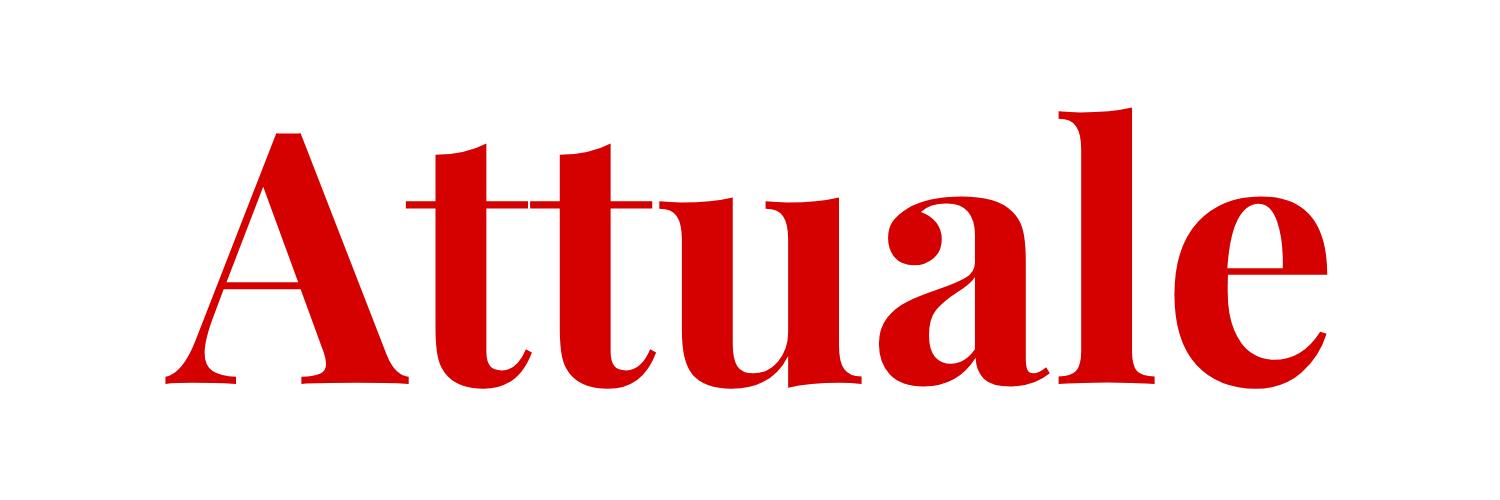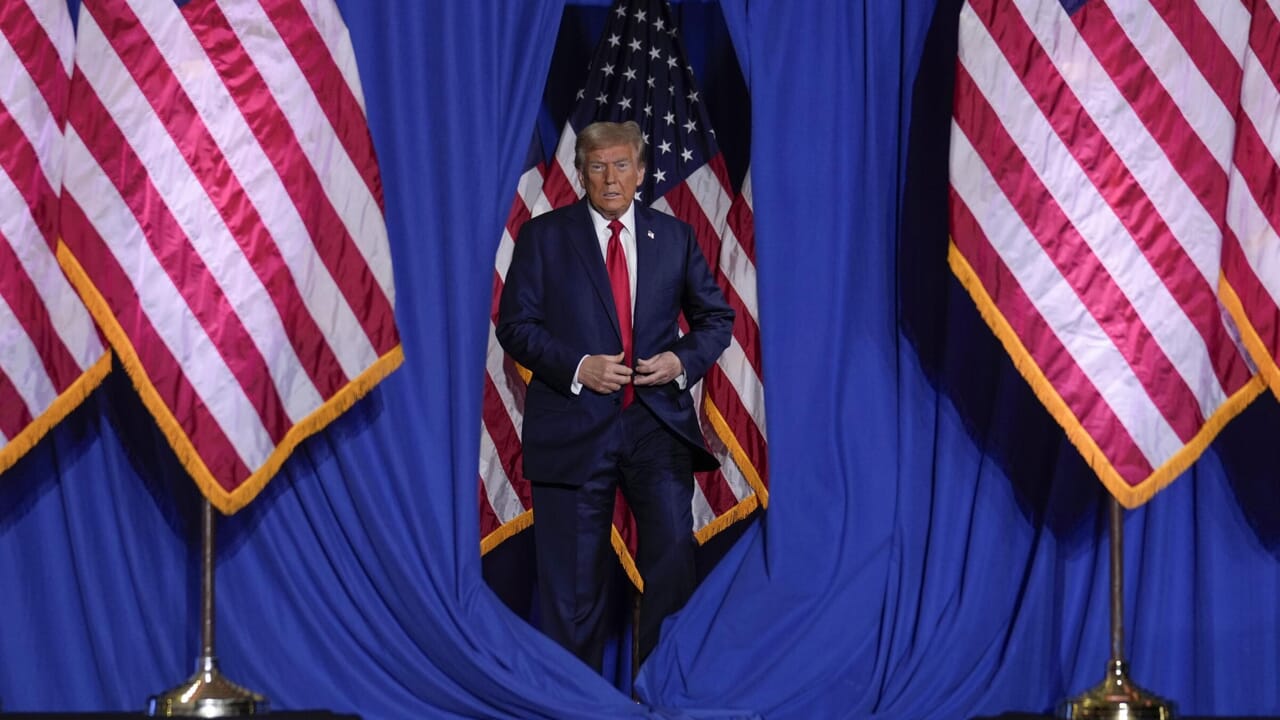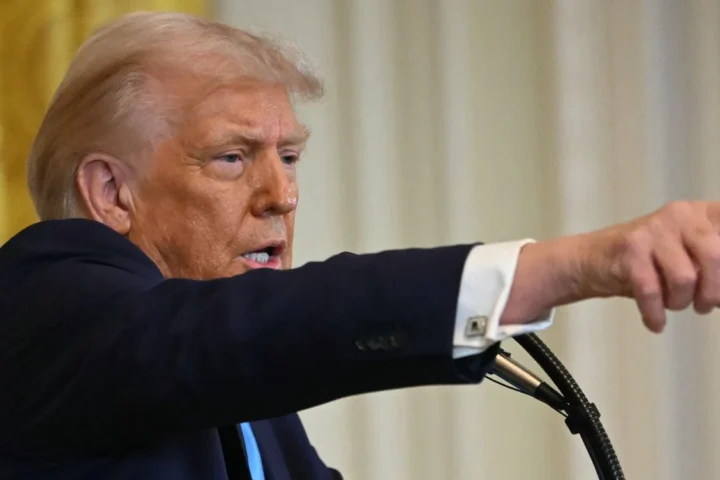Any duties will eventually “reduce societal welfare both on the business and consumer side of the United States,” argues Professor J. Scott Marcus, researcher at the Brussels-based think tank Ceps
With Donald Trump’s return to the US presidency, “we will certainly have to prepare for increased tensions on trade.” However, if the new president imposes tariffs—as seems very likely—these measures may ultimately backfire. This is the prediction of professor J. Scott Marcus, Associate Senior Research Fellow at CEPS, an influential Brussels-based think tank.
“Europe’s cooperation with a Trump administration on any issue is likely to be more difficult than with the Biden administration. Trump, however, is an unpredictable figure with only a rudimentary understanding of economics. The tariffs he favours tend to hit intermediate goods especially hard, which typically reduces societal welfare on both the business and consumer sides for the imposing country,” Marcus commented in an interview with Today.it.

The Imposition of Tariffs
Professor Marcus believes that a move towards tariff imposition is almost certain. “The Republican has already made it clear that his favourite word is ‘tariffs,’ and his tone is confrontational. As the French saying goes, ‘the tone makes the music,'” he warns, noting that “tariff increases usually lead to retaliatory measures from the other side,” which raises the risk of a trade war. He added, “If the US, China, and the EU all escalate tariffs, conditions are likely to deteriorate significantly for all.”
Trump’s “transactional ‘America first’ approach complicates the pursuit of win-win solutions.” According to Marcus, Europe should not “emulate” this approach but should instead “continue to strengthen its arsenal of measures, allowing it to respond to any pressure from the US and China and reduce its vulnerability to trade disruptions.” He reminds us that “the EU remains a major global trading power, likely one of its strongest assets in these uncertain times.”
The EU’s Potential for a Central Role
Marcus believes Trump’s election could present opportunities for Europe, should the EU be prepared to seize them. “With the United States poised to retreat from its traditional role as leader of the free world, no viable alternative exists other than for the EU to adopt a more active global role. For many years, Europe’s capacity to project influence and power commensurate with its still-significant economic and military presence has been questioned. Now, it may have no choice but to step up—and quickly,” he suggests.
Consequences for Ukraine
One crucial area where the EU may need to take decisive action is Ukraine, particularly as Trump has indicated a willingness to reduce or even cease US support for Kyiv.
“The most immediate impact of a Trump election would be an end to US aid to Ukraine, with serious ramifications. Ukraine might be forced to make peace with Russia under unfavourable terms, compromising both its own security and that of the EU. With Trump in the White House, NATO’s credibility as a deterrent against Moscow could be weakened. Should Russia rebuild its forces after the conflict in Ukraine, the risk of military escalation involving one or more EU member states will increase.”








